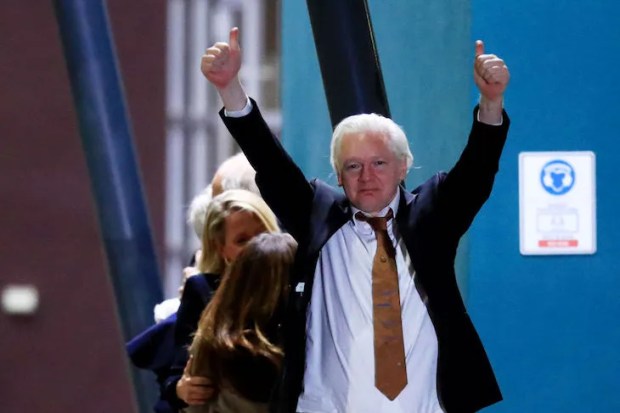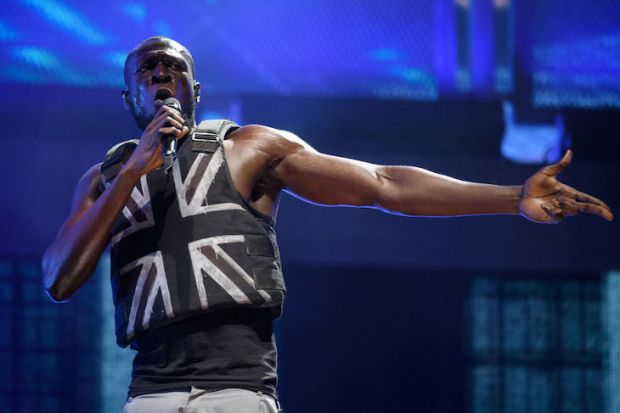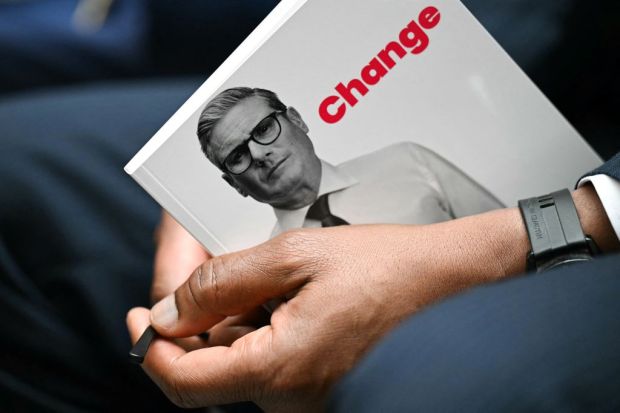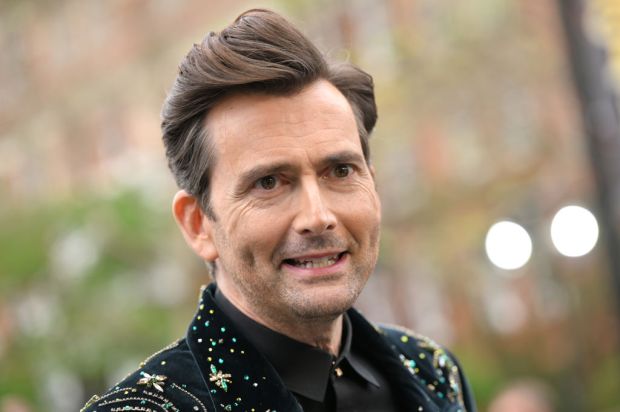The end of Kim Russell’s career coaching lacrosse at Oberlin College can be traced back to a few words posted to her private Instagram on March 20, 2022.
Russell reshared a post congratulating Emma Weyant as the real winner of that year’s NCAA women’s 500-yard freestyle event, though the NCAA record books say Lia Thomas, whose feminine quality seems to be shoulder-length hair, finished 1.75
Already a subscriber? Log in
Subscribe for just $2 a week
Try a month of The Spectator Australia absolutely free and without commitment. Not only that but – if you choose to continue – you’ll pay just $2 a week for your first year.
- Unlimited access to spectator.com.au and app
- The weekly edition on the Spectator Australia app
- Spectator podcasts and newsletters
- Full access to spectator.co.uk
Or




















Comments
Don't miss out
Join the conversation with other Spectator Australia readers. Subscribe to leave a comment.
SUBSCRIBEAlready a subscriber? Log in